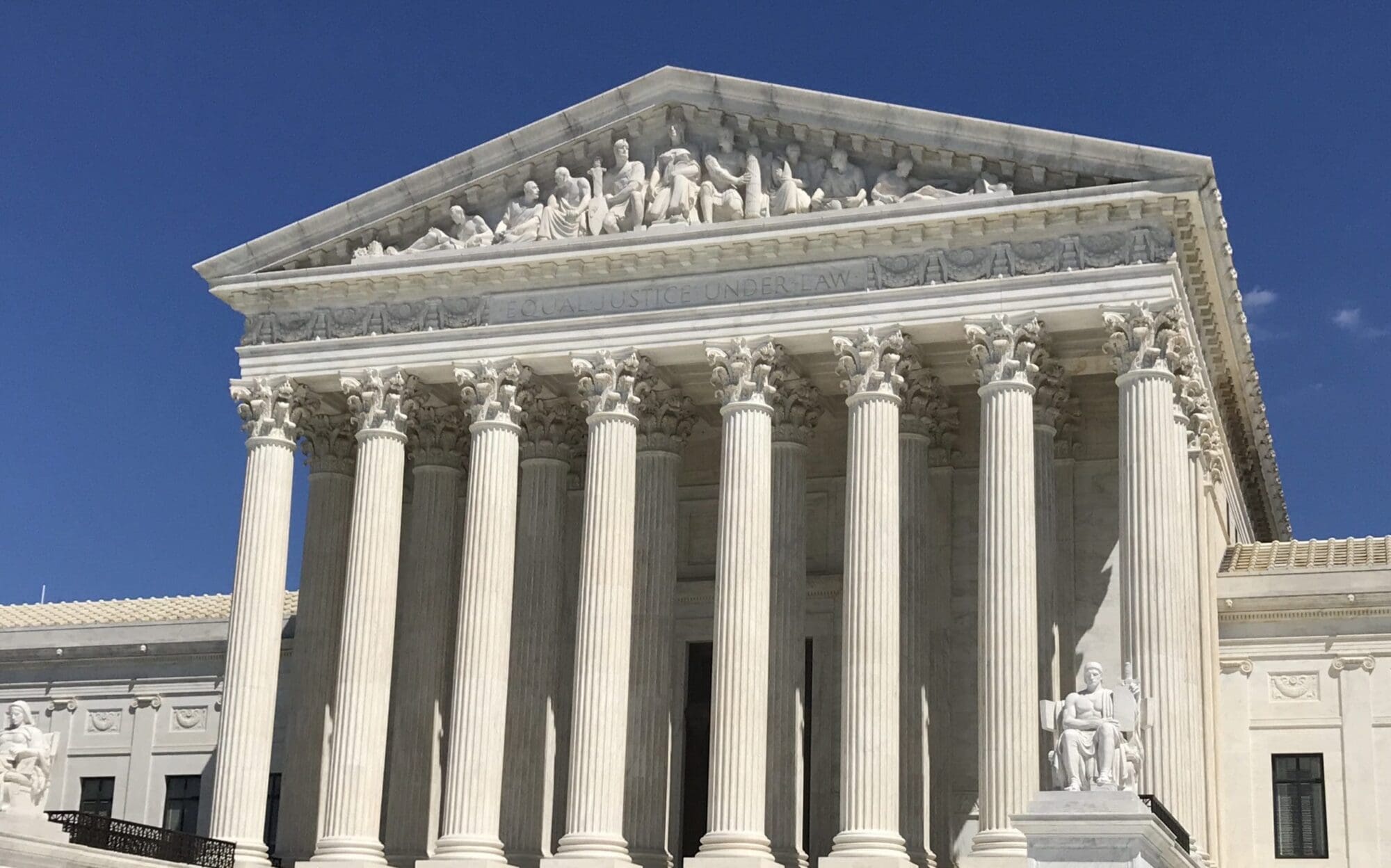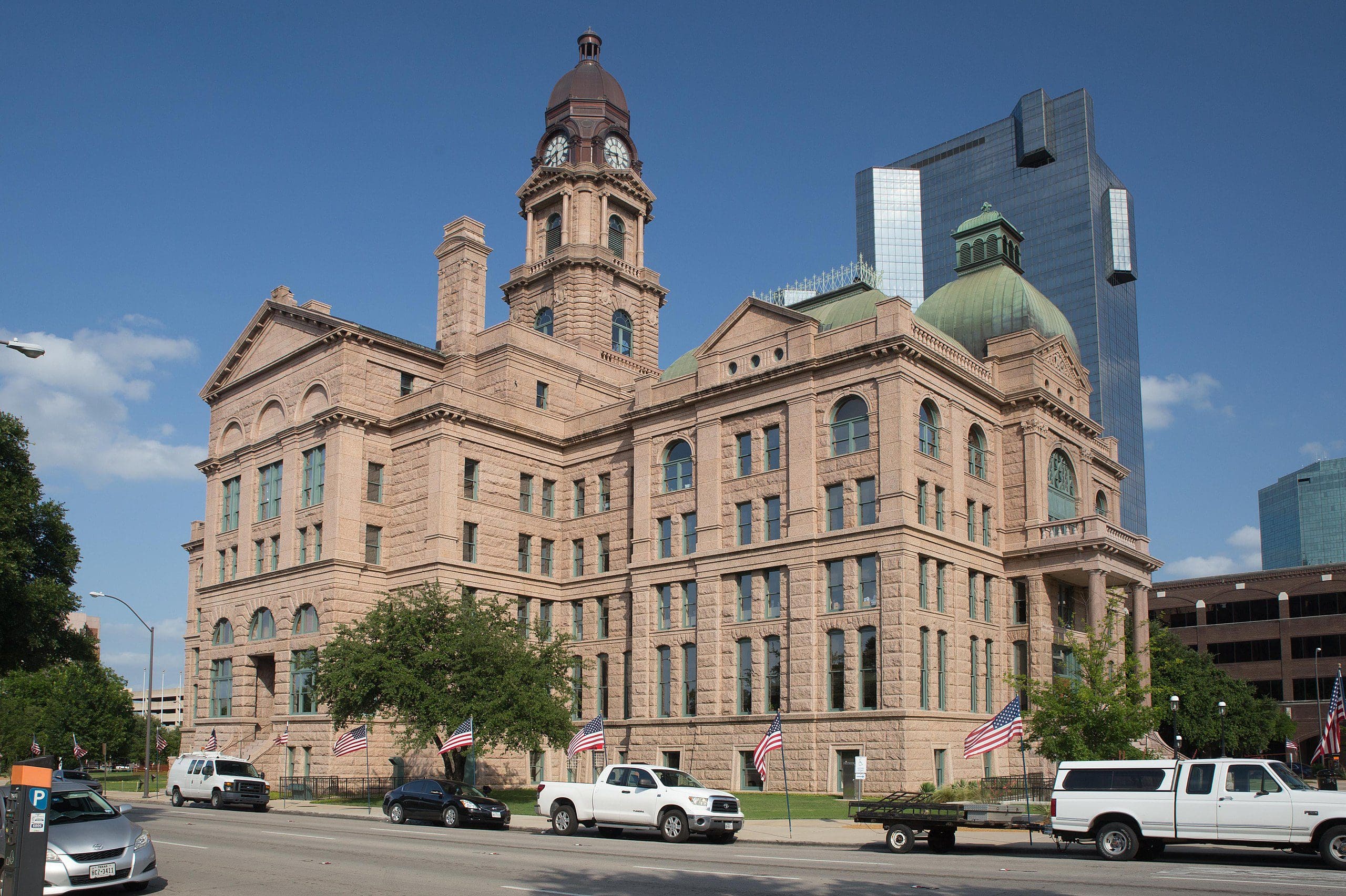Disagreements of whether the nation’s high court should settle disputes over who has authority to set state voting laws are highlighting why citizens continue to doubt the reliability of elections.
On Monday, the U.S. Supreme Court declined to hear a number of appeals stemming from concerns about the integrity of the 2020 presidential election, including two cases challenging the Pennsylvania Supreme Court’s decision in favor of Democrats that changed mail-ballot voting rules set by the Republican legislature.
Justices Clarence Thomas, Samuel Alito, and Neil Gorsuch dissented, arguing the Court should review these crucial cases and “provide clear rules for future elections.”
“These cases provide us with an ideal opportunity to address just what authority nonlegislative officials have to set election rules, and to do so well before the next election cycle,” Thomas wrote in his dissent to the Court’s decision denying Pennsylvania plaintiffs’ petitions for certiorari. “The refusal to do so is inexplicable.”
“Now, the election is over, and there is no reason for refusing to decide the important question that these cases pose,” Alito concurred with Thomas in a dissent joined by Gorsuch. “These cases call out for review.”
Thomas and Alito clarified the rewritten voting rules didn’t change the outcome of any federal elections in the state.
“But that may not be the case in the future,” Thomas said, with Alito adding “a decision would provide invaluable guidance for future elections.”
“The Constitution gives to each state legislature authority to determine the ‘Manner’ of federal elections,” Thomas wrote. “Yet both before and after the 2020 election, nonlegislative officials in various States took it upon themselves to set the rules instead. As a result, we received an unusually high number of petitions and emergency applications contesting those changes. The petitions here present a clear example.”
Pennsylvania’s Democrat Party initiated the rule changes, arguing a state court could alter laws passed by the legislature based on a provision in the state constitution that elections “shall be free and equal.” The Pennsylvania Supreme Court ruled in favor of the Democrats, extending the deadline for receiving mail-in ballots by three days and ordering officials to count ballots that contained no postmark.
The issue was appealed to the U.S. Supreme Court.
“Not only did parties on both sides agree that the issue warranted certiorari, but there also was no question that petitioners faced irreparable harm,” Thomas wrote.
Because the Federal Constitution, not state constitutions, gives state legislatures authority to regulate federal elections, petitioners presented a strong argument that the Pennsylvania Supreme Court’s decision violated the Constitution by overriding “the clearly expressed intent of the legislature.”
Both the state Republican and Democratic parties urged the Court to decide the question before the 2020 election, but justices denied review in a 4-4 vote, with Thomas, Alito, Gorsuch, and Kavanaugh dissenting:
The provisions of the Federal Constitution conferring on state legislatures, not state courts, the authority to make rules governing federal elections would be meaningless if a state court could override the rules adopted by the legislature simply by claiming that a state constitutional provision gave the courts the authority to make whatever rules it thought appropriate for the conduct of a fair election.
Alito said the cases are not “moot” as some respondents argued:
They present an important and recurring constitutional question: whether the Elections or Electors Clauses of the United States Constitution, Art. I, §4, cl. 1; Art. II, §1, cl. 2, are violated when a state court holds that a state constitutional provision overrides a state statute governing the manner in which a federal election is to be conducted. …
There is a “reasonable expectation” that the parties will face the same question in the future, and that the question will evade future pre-election review, just as it did in these cases.
Thomas argued the split between Pennsylvania’s Supreme Court and the U.S. 8th Circuit Court of Appeals (which ruled against a similar attempt by Minnesota’s secretary of state to extend the legislature’s deadline for returning mail ballots) is a “divide on an issue of undisputed importance” that “would justify certiorari in almost any case. That these cases concern federal elections only further heightens the need for review.”
He also noted “postelection litigation sometimes forces courts to make policy decisions that they have no business making.”
For example, when an official has improperly changed the rules, but voters have already relied on that change, courts must choose between potentially disenfranchising a subset of voters and enforcing the election provisions—such as receipt deadlines—that the legislature believes are necessary for election integrity.
Texas fended off several Democrat attempts to undermine its state election laws during the 2020 election cycle. Most challenges were aimed at loosening rules for mail-in ballots (which Thomas noted carry a “vastly more prevalent” risk of fraud), using the Chinese coronavirus as a pretext to push for voting rules advocated by the left long before the COVID pandemic.
The U.S. 5th Circuit Court of Appeals ruled the coronavirus did not give unelected federal judges “a roving commission to rewrite state election codes.” But some Texas lawsuits are still pending.
Grassroots activists within the Republican Party of Texas set election integrity as a top legislative priority for 2021. Texas Gov. Greg Abbott also declared the issue an “emergency” item for lawmakers to address this session, but he has yet to endorse specific election reforms.
Justice Thomas said proper authorities should settle voting rules “well in advance of an election:”
Changing the rules in the middle of the game is bad enough. Such rule changes by officials who may lack authority to do so is even worse. When those changes alter election results, they can severely damage the electoral system on which our self-governance so heavily depends. If state officials have the authority they have claimed, we need to make it clear. If not, we need to put an end to this practice now before the consequences become catastrophic.
“One wonders what this Court waits for,” Thomas concluded. “We failed to settle this dispute before the election, and thus provide clear rules. Now we again fail to provide clear rules for future elections. The decision to leave election law hidden beneath a shroud of doubt is baffling. By doing nothing, we invite further confusion and erosion of voter confidence. Our fellow citizens deserve better and expect more of us.”
Read the full dissents here.





